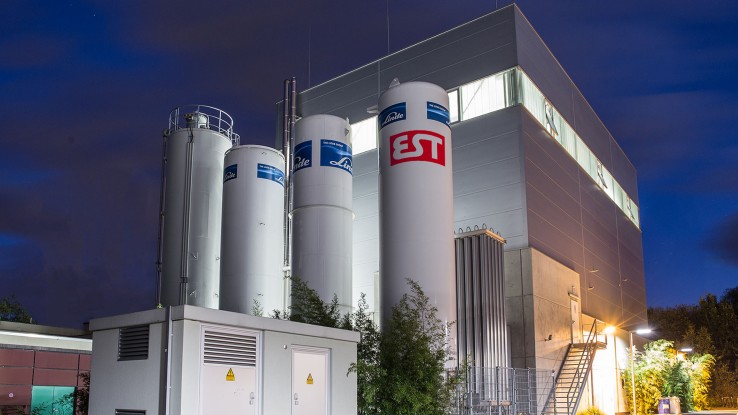For the analysis and simulation of thermodynamic, fluid-mechanical, chemical and power plant processes as well as the visualization and planning of facilities and their control following software is being utilized:
EBSILON® Professional, PPSD
- Stationary simulation of thermal power plants
- Plant planning and design
- Optimization of process parameters
- Integration of Retrofit-concepts
- Integration of CCS and CCU measures
APROS™
- Dynamic simulation of power plants, thermal process plants and process steam systems
- Optimization of controller parameters and load gradients
- Failure Investigation
- Complete visualization of power plant control
- Evaluation of Retrofit-concepts
- Coal power plants (conventional and oxyfuel), combined cycle power plants, CSP systems, waste incineration
ASPEN PLUS™ und ASPEN DYNAMICS™
- Process considerations on the basis of mass and energy balances for chemical processes
- Broad chemical database for a detailed depiction of chemical processes
- Partial load behavior
- Process optimization
FLUENT®
- Combustion chamber simulations
- Flow calculations
- Estimation of concentrations of main gas species (O2, CO2, CO, CH2) and harmful gases (SO2, H2S, COS, HCl etc.)
- Temperature distribution
- Formation of corrosive atmospheres through reactions with sulfur and chlorine containing compounds of coal
- Multi-phase flows with Euler-Euler and Euler-Lagrange (with PSD)
- Reactive gas-solid flows
- In-house extension ESTOS for coal burn-up
In-House DEM-Code ''DEMEST''
- Euler-Lagrange / DEM (4 way coupling)
- Mono- and polydisperse particles
- Parallelization of calculations possible
- Fine fluid girds in combination with multi-grid method for fluid phase calculations
- Mean-particle grid for particle phase calculations
- Particle search grid (advanced algorithms for impact detection)
- Tools and software environment (C++, MPI und Matlab)


